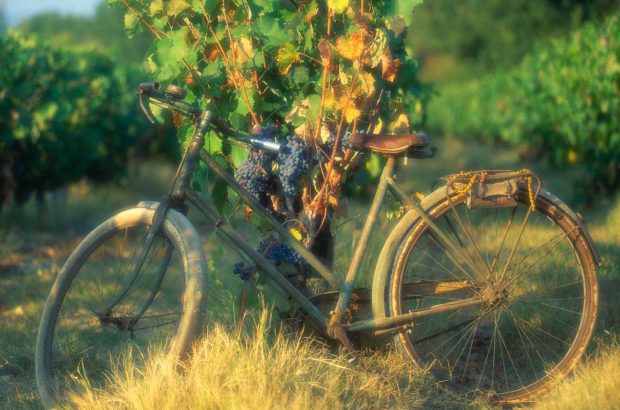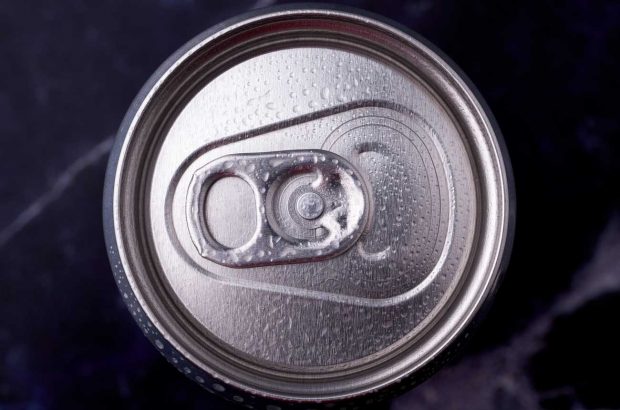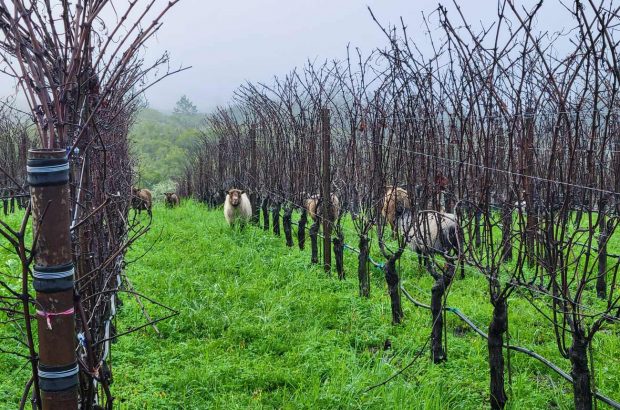As Portugal produces more exciting and fresh white wines, Sarah Ahmed explains the key white grape varieties.
Alvarinho Lead variety in Moncão e Melgaço, Vinho Verde: aromas of honeysuckle and fruit, ranging from ripe citrus, pear, peach and apricot. Fresh palate.
Loureiro Lead variety in Lima, Vinho Verde: floral, citrus-driven (grapefruit, lime), mineral palate.
Encruzado Lead variety in Dão: impressive acid structure underpins ageworthiness; both lemony, unoaked wines showing pear and quince, and riper, oaked, lees-stirred examples. Resinous edge on the palate.
Arinto Lead variety in Bucelas: racy acidity deftly balances ripe tropical fruit.
Síria Lead variety in Beira Interior: best from old vines/ elevated vineyards (700m above sea level) – lip-smacking, citrus-fuelled with strong minerality, especially those with a dash of Fonte Cal.
Bical & Maria Gomes Mainstays of Bairrada blends: the former peachy, the latter showing white orchard fruits with floral/laurel notes.
Rabigato, Viosinho, Gouveio & Códega do Larinho Mainstays of Douro blends: vegetal, lemony, leafy, mineral notes abound; good mouthfeel.
Antão Vaz & Roupeiro Classic Alentejo blending partners: weighty, tropical citrus flavours marry well with oak; Arinto brings persistence and balance.
Sarah Ahmed is the Decanter World Wine Awards Regional Chair for Portugal.

Create the perfect Spanish cellar
Sarah Jane Evans MW and Pedro Ballesteros Torres MW explain how to build the perfect Spanish cellar.

Wine Advice: Drinking windows
Not sure when to open that bottle you've been saving? When's best to drink your Port or Champagne? How does





